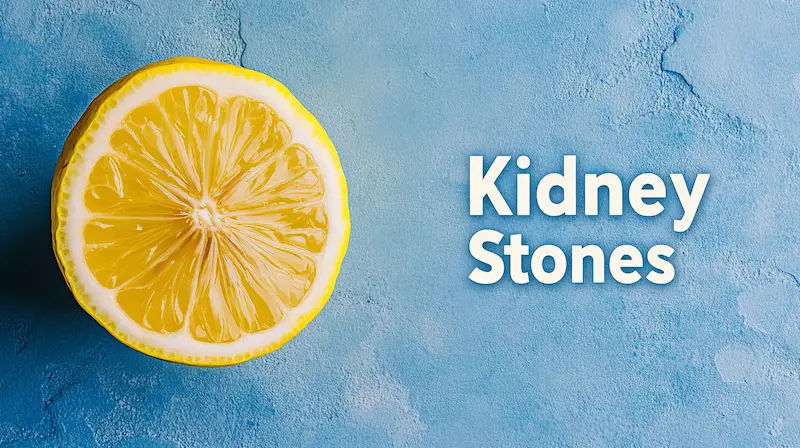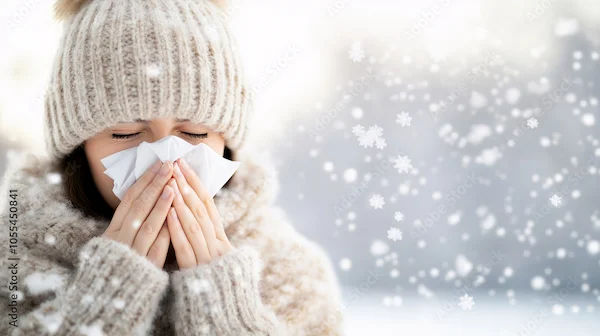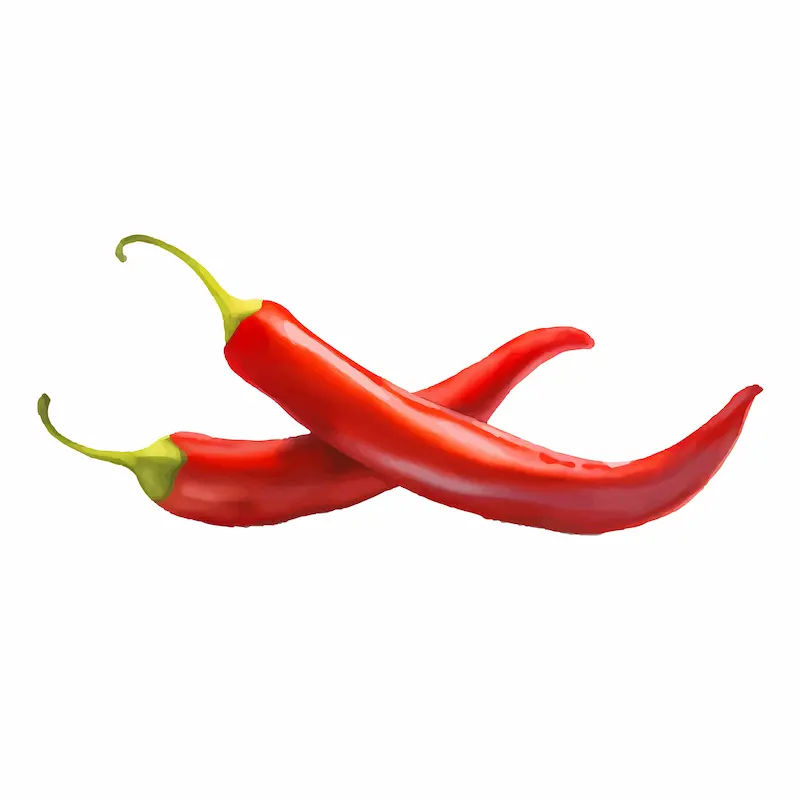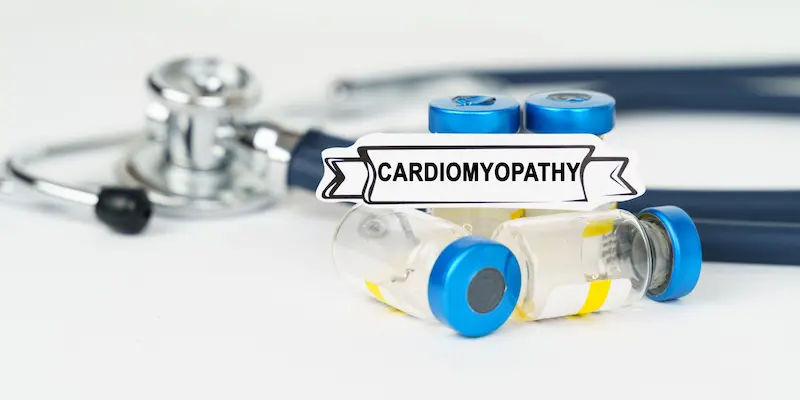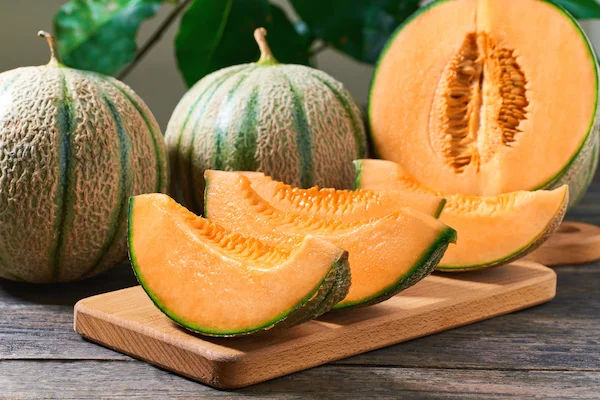Top Summer Health Tips to Stay Cool and Healthy
Beat the heat with expert summer health tips and heat protection: hydration, sun safety, cooling strategies, and more to keep you healthy all season.

Written by Dr. Siri Nallapu
Reviewed by Dr. Rohinipriyanka Pondugula MBBS
Last updated on 13th Jan, 2026
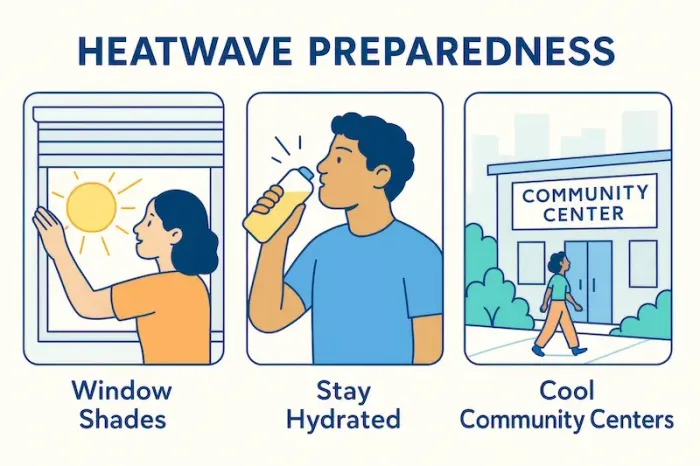
Introduction
Long, sunny days are great for outdoor fun, but hot weather can stress your body, dehydrate you, and increase the risk of heat-related illness. With a few smart habits, you can enjoy summer safely. This guide shares practical summer health tips and evidence-based heat protection strategies to help you stay cool, energized, and healthy all season. You’ll learn how to hydrate wisely, protect your skin, plan outdoor activities safely, spot warning signs of heat illness, and care for those at higher risk.
Why heat safety matters?
Hot and humid conditions make it harder for your body to cool itself. Dehydration, intense sun, and prolonged exertion can lead to cramps, exhaustion, or even life-threatening heat stroke. Children, older adults, people with chronic conditions, outdoor workers, and athletes face higher risks. The good news: simple steps, like timing your activities and using sun and heat protection, go a long way.
Essential summer health tips for every day
These core habits help you feel your best when temperatures rise.
Hydrate smartly
• Drink regularly throughout the day. Don’t wait until you’re very thirsty. Your needs increase in heat, with physical activity, and if you’re breastfeeding or pregnant.
• Use urine color as a simple guide. Aim for pale yellow.
• Carry a refillable water bottle. Set phone reminders or use a marked bottle if you forget to drink.
• Add electrolytes when you sweat a lot. During prolonged or intense activity (about an hour or more), a sports drink or oral rehydration solution can help replace sodium and other minerals. If you’re on a low-sodium diet or have heart/kidney conditions, ask your clinician what’s right for you.
• Go easy on alcohol. It can worsen dehydration and impair your body’s ability to regulate temperature. Moderate caffeine is okay for most people, but plain water (or water plus electrolytes) should be your main drink in the heat.Consult a Top General Physician
Sun safety basics: protect your skin and eyes
• Seek shade, especially from late morning to late afternoon when UV rays are strongest.
• Use broad-spectrum sunscreen with SPF 30 or higher. Apply generously to all exposed skin 15 minutes before going outside and reapply at least every two hours, and after swimming or sweating.
• Wear protective clothing. Choose lightweight, long-sleeved shirts and long pants when possible. Look for UPF-rated fabrics for added UV protection.
• Top it off. A wide-brimmed hat protects your face, ears, and neck better than a baseball cap.
• Shield your eyes. Wear sunglasses that block 100% of UVA and UVB.
Heat protection for outdoor exercise and work
• Time it right. Schedule strenuous activity for early morning or evening when it’s cooler. Take frequent breaks in the shade or indoors.
• Acclimate gradually. If you’re not used to the heat, increase intensity and duration over 1–2 weeks, not all at once.
• Dress for cooling. Wear light-colored, loose-fitting, breathable fabrics.
• Pace yourself. Listen to your body. Slow down or stop if you feel dizzy, overly fatigued, nauseated, or get a headache.
• Check the weather and advisories. High heat and humidity raise the heat index and strain the body. On high-risk days, reduce exertion and prioritize cooling.
• Never leave anyone in a parked car. Temperatures inside can rise rapidly and become deadly within minutes, even with the windows cracked.
Cooling strategies at home and on the go
• Use air conditioning when possible. If you don’t have AC, spend time in air-conditioned public places or community cooling centers during peak heat.
• Fans can help you feel cooler, but in very hot and humid conditions, they may not prevent heat-related illness. Combine fans with cool showers, damp cloths, and hydration.
• Take cool showers or baths. You can also apply cold packs or wet cloths to the neck, armpits, and groin to help lower body temperature.
• Keep your space cool. Close curtains during the day, open windows when it’s cooler outside, and use cross-ventilation if safe.
• Plan your day. Run errands and exercise during cooler hours.
What to eat and drink when it’s hot?
• Choose water-rich foods. Add fruits and vegetables like watermelon, cucumbers, oranges, tomatoes, and leafy greens.
• Balance meals. Light, frequent meals can be easier to digest in the heat than heavy, rich foods.
• Replace what you lose. If you’re sweating heavily, consider snacks that include some salt (unless your clinician advises otherwise).
• Be mindful of alcohol. Save alcoholic drinks for cooler times and alternate with water.
Protecting kids, older adults, and people with medical conditions
• Check in often. Infants, young children, older adults, and people with disabilities or chronic conditions may not recognize or communicate early signs of overheating or dehydration.
• Set a drinking schedule. Offer water regularly to children and older adults; don’t rely solely on thirst cues.
• Watch medications. Some medicines (for example, certain diuretics, antihypertensives, antidepressants, antihistamines) can affect hydration or heat tolerance. Ask your clinician how to manage heat safely with your prescriptions.
• Dress and shade. Keep babies and young kids in light clothing and out of direct sun; use hats and shade structures. For babies under 6 months, consult your pediatrician about sunscreen and focus on shade and protective clothing.
• Sleep comfortably. Keep bedrooms as cool as possible, use light bedding, and hydrate earlier in the evening to avoid sleep disruption.
Food, water, and bug safety for summer fun
• Picnic and grilling safety. Keep cold foods cold and hot foods hot. Refrigerate perishable foods promptly. Don’t leave perishable items out for long, especially in hot weather.
• Safe water play. Always supervise children near water, even shallow pools. Use U.S. Coast Guard–approved life jackets for boating and open water. Avoid alcohol when swimming or supervising.
• Mosquito protection. Use an EPA-registered insect repellent with ingredients like DEET, picaridin, IR3535, or oil of lemon eucalyptus. Follow label directions and reapply as advised. Drain standing water where mosquitoes breed.
• Tick precautions. When hiking or in grassy/wooded areas, wear long sleeves/pants and treat clothing with permethrin if appropriate. Do a full-body tick check after being outdoors. Remove ticks promptly with fine-tipped tweezers, grasping close to the skin and pulling upward steadily, then clean the area.
• Mind the air quality. Ozone and smoke can worsen asthma and other conditions. Check local air quality reports and move workouts indoors on poor air days if needed.
Travel and outdoor event planning
• Pack a “cool kit.” Include a refillable bottle, electrolyte packets, sunscreen, a hat, sunglasses, a small first-aid kit, and cooling wipes or a spray bottle.
• Use tech to your advantage. Enable heat alerts on your weather app and locate nearby cooling centers or libraries on hot days.
• Buddy up. Check on family, friends, and neighbors, especially those who may be at higher risk, during heat waves.
Warning signs of heat illness and what to do
Know the symptoms and take action early.
Heat cramps
• Symptoms: Painful muscle spasms, usually in legs or abdomen, heavy sweating.
• What to do: Stop activity, move to a cool place, gently stretch and massage the muscles, and sip water or a drink with electrolytes. Do not resume strenuous activity until cramps resolve.
Heat exhaustion
• Symptoms: Heavy sweating; weakness or fatigue; cold, pale, clammy skin; headache; dizziness; nausea or vomiting; fast, weak pulse; fainting.
• What to do: Move to a cooler area (indoors or shade), loosen clothing, lie down, and cool the body with cool clothes, a cool bath/shower, or a fan plus mist. Sip water slowly. Seek medical care if symptoms last more than an hour, worsen, or if vomiting prevents fluid intake.
Heat stroke (medical emergency)
• Symptoms: Body temperature of 103°F/39.4°C or higher; hot, red, dry, or damp skin; confusion; slurred speech; severe headache; loss of consciousness; seizures; fast, strong pulse.
• What to do: Call emergency services immediately. Move the person to a cooler place. Cool rapidly with cold water immersion if available, or use cold packs and wet cloths on the neck, armpits, and groin. Do not give fluids to someone who is unconscious or not fully alert.
Bringing it all together
• These summer health tips are simple but powerful: hydrate, prioritize shade and sunscreen, time activities for cooler hours, and know when to slow down. Combine them with common-sense heat protection,like cooling off quickly and checking on those at higher risk, and you can stay safe while making the most of the season.Consult a Top General Physician
Consult a Top General Physician

Dr Aakash Andgi
General Physician/ Internal Medicine Specialist
9 Years • MBBS MD
Bengaluru
Apollo Clinic, JP nagar, Bengaluru

Dr. Manish Mathur
General Physician/ Internal Medicine Specialist
23 Years • MD Physician, MRCP
Delhi
The Medi Centre, Delhi
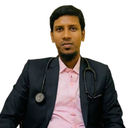
Dr. Arif Ahmed
General Physician/ Internal Medicine Specialist
9 Years • MBBS, MD (Genl. Med.)
Kolkata
MCR SUPER SPECIALITY POLY CLINIC & PATHOLOGY, Kolkata
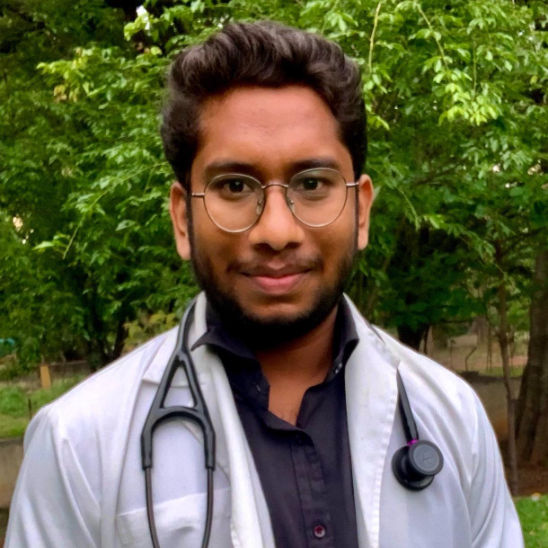
Dr. Thorana Prakash M
General Physician
2 Years • MBBS
Bengaluru
PRESTIGE SHANTHINIKETAN - SOCIETY CLINIC, Bengaluru
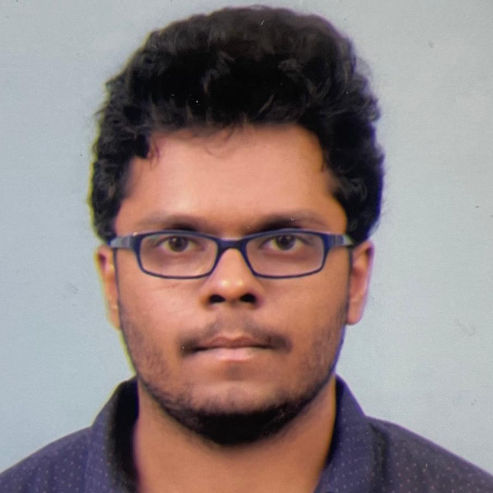
Dr. Bhethala Sharan Prakash
General Physician/ Internal Medicine Specialist
5 Years • MBBS MD
Bengaluru
PRESTIGE SHANTHINIKETAN - SOCIETY CLINIC, Bengaluru
Consult a Top General Physician

Dr Aakash Andgi
General Physician/ Internal Medicine Specialist
9 Years • MBBS MD
Bengaluru
Apollo Clinic, JP nagar, Bengaluru

Dr. Manish Mathur
General Physician/ Internal Medicine Specialist
23 Years • MD Physician, MRCP
Delhi
The Medi Centre, Delhi

Dr. Arif Ahmed
General Physician/ Internal Medicine Specialist
9 Years • MBBS, MD (Genl. Med.)
Kolkata
MCR SUPER SPECIALITY POLY CLINIC & PATHOLOGY, Kolkata

Dr. Thorana Prakash M
General Physician
2 Years • MBBS
Bengaluru
PRESTIGE SHANTHINIKETAN - SOCIETY CLINIC, Bengaluru

Dr. Bhethala Sharan Prakash
General Physician/ Internal Medicine Specialist
5 Years • MBBS MD
Bengaluru
PRESTIGE SHANTHINIKETAN - SOCIETY CLINIC, Bengaluru
More articles from General Medical Consultation
Frequently Asked Questions
1) How much water should I drink in hot weather?
There isn’t a one-size-fits-all number. Drink regularly throughout the day and increase your intake with heat and activity. Use pale yellow urine as a guide and add electrolytes if you’re sweating heavily for an hour or more.
2) What SPF should I use, and how often should I reapply?
Choose a broad-spectrum sunscreen with SPF 30 or higher. Apply generously 15 minutes before going outside and reapply at least every two hours, and after swimming or sweating.
3) Are fans enough during a heat wave?
Fans can make you feel cooler, but in very hot and humid conditions they may not prevent heat-related illness. Prioritize air conditioning, cool showers or baths, and spending time in air-conditioned places during peak heat.
4) What’s the safest time to exercise in summer?
Early morning or evening is best. Start slower in the first hot days to acclimate, take frequent shade and water breaks, and modify intensity when heat and humidity rise.
5) How can I protect kids from heat and sun?
Offer water often, keep them in shade during peak sun hours, use hats and protective clothing, and apply broad-spectrum SPF 30+ sunscreen to exposed skin. Never leave a child in a parked car, even for a short time.
